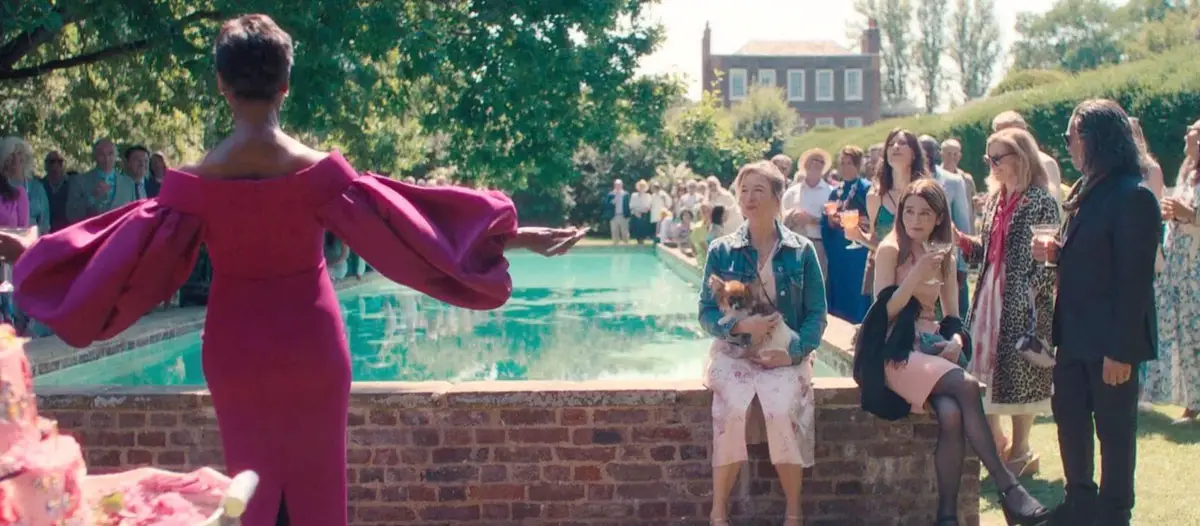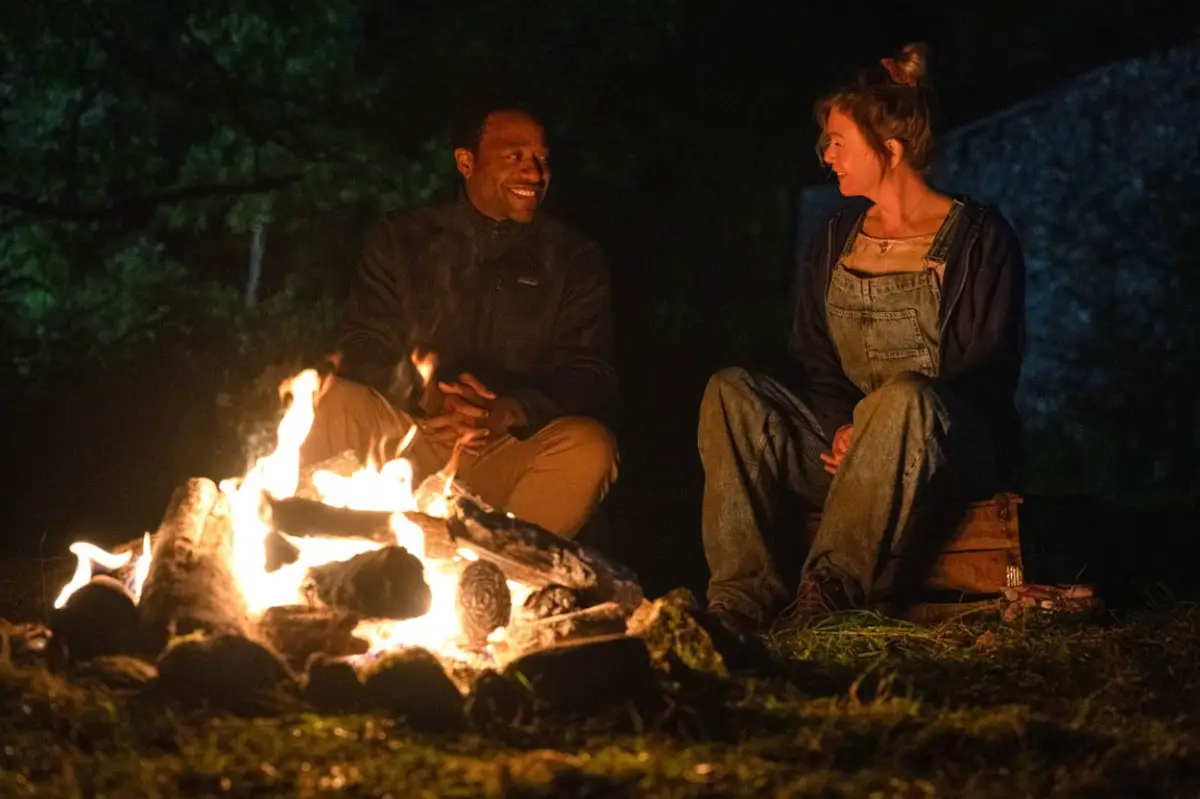Bridget Jones: Mad About The Boy (2025) – Film Review

Director: Michael Morris
Cast: Renée Zellweger, Mila Jankovic, Hugh Grant
Certificate: 15
By David Reid
As someone who rates Bridget Jones’s Diary – the first film in the series – as one of my favourite big screen comedies, and who found the subsequent two sequels a crushing disappointment by comparison, I have good news. For Bridget fans everywhere, I am very pleased to report that Bridget Jones: Mad About The Boy is a joy from start to finish. Ten minutes in, this was already funnier than most movie comedies in recent years – and there were still two glorious hours to enjoy. There, now that I’ve addressed that particular elephant in the room, I feel able to move on. We can all relax.
It has been 24-years since the first film – and almost 30 since author Helen Fielding first penned the adventures of our eponymous heroine – initially in the form of a newspaper column, before producing the associated four novels. We marvelled at how the binge-drinking, fuzzy-thinking Bridget stumbled her way through the nineties and the noughties. She was as unsure of mind as she was unsteady on her feet. Nevertheless, she always seemed to find a way through life, and we admired her ability to shrug her way through the embarrassments and come up smelling of roses, with the help of her supportive friends and family. Throw in a long-running love rivalry between Mark Darcy (Colin Firth) and Hugh Grant (Daniel Cleaver) and you have a sure-fire hit.
“Quality comic embarrassments”
Here, we find Bridget, as has been well telegraphed in the advance trailer and accompanying publicity, a widow of four years following Mark’s heroic but untimely death. She is a single mother to Mabel (Mila Jankovic) and Billy (Casper Knopf). Her mother (Gemma Jones) and friends (Sharon/Jude/Tom and Miranda: Sally Phillips/Shirley Henderson/James Callis and Sarah Solemani) are encouraging her back into looking for love. The no-nonsense Dr Rawlings (Emma Thompson) advises her to get back into the workplace. After going missing in the third movie, Daniel Cleaver is back. Thompson and Grant have managed to grab the best lines and are both clearly having a ball in what we are advised is the last instalment in the series. Hugh Grant, with a twinkle in his eye, has seemingly stepped out of the 1970s – a latter-day reincarnation of Leslie Phillips’s Casanova. He deals with any criticism of his unchivalrous nature with a twinkle in the eye and a wave of the hand. His mind always on the chase.
Bridget finds herself pursued by a much younger man, the sincere and easy-going Roxter (The White Lotus and One Day‘s Leo Woodall). She also bonds with schoolteacher Mr Wallaker (Chiwetel Ejiofor). His character’s contrasting seriousness facilitates some quality comic embarrassments, which continue into Bridget’s swansong back in the world of TV production.
The sensitive handling of director Michael Morris is increasingly evident, as he carefully balances the light and shade at the heart of the film. Bridget and the children work their way through coping with Mark Darcy’s loss, yet adapting, surviving and thriving. Those viewers also pining for Mark Darcy will be cheered by some posthumous glimpses of him. There is also a reprise in tribute to the 1995 exploits of Colin Firth’s Mr Darcy, just for added measure.
“No lazy sequel”
Over the years, Bridget Jones movie soundtracks have also attracted their fair share of attention and healthy sales figures. This time around, there is an eclectic mix of classic numbers and more recent songs by newer breakthrough artists, such as Raye, Celeste, and Glass Animals. On occasion, these are neatly incorporated into the action. Let’s just say that you may never quite think about Bowie’s ‘Modern Love’, The Clash’s ‘Should I Stay or Should I Go’, or Dinah Washington’s ‘Mad About The Boy’ in quite the same way again.
A recurring theme in Bridget-world has been the expectations of the modern world of women and the way this is negotiated by the main character. Renée Zellweger shines in the central role, as the audience falls in love with her once again – willing her to succeed in love and in life. Some references back to events in the first movie serve as a reminder of how far we have come together. This is no lazy sequel; this is a movie which works hard to earn the audience’s hearts. Although Richard Curtis’s credited involvement ended with the first film, this picture recalls his ability to celebrate and simultaneously gently make fun of England and the English. So much so that the final 30-minutes or so could be seen as a homage to his work, as grief and love take centre stage within the narrative. In effect, a mini Love Actually II.
In conclusion, this is a glorious return to form for the franchise. As Hollywood makes some headway in providing more female lead characters, Bridget is back on form to provide a timely reminder of just how it’s done.
David Reid












